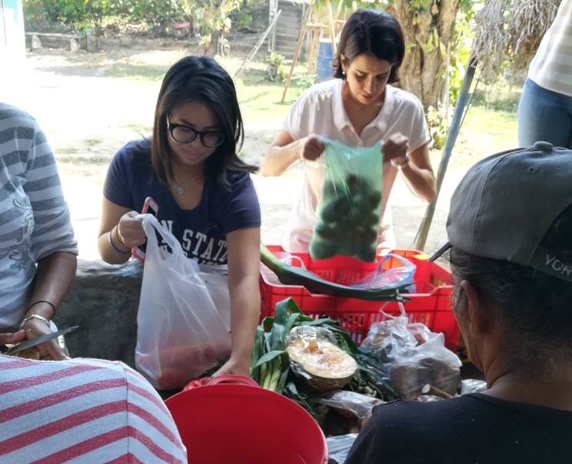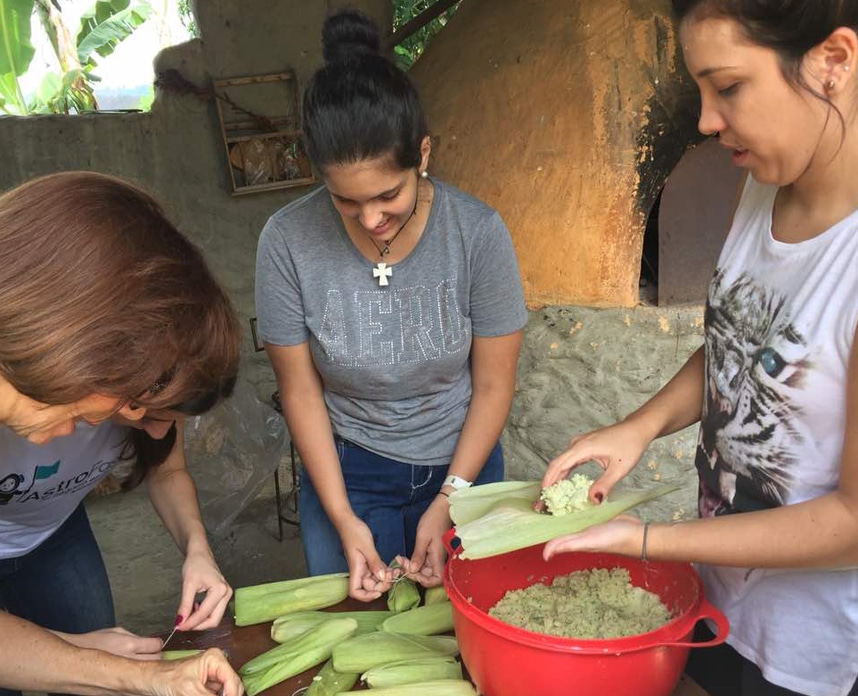The spread of COVID-19 is severely aggravating the already fragile situation of the population in the countries where we work, marked by internal conflict, forced displacement, severe food insecurity, acute malnutrition, natural disasters, and lack of access to clean water and basic services.
In Venezuela, through our “SOS VENEZUELA” campaign, we collaborate with the Association of Art and Science (ASAC), sending aid to mitigate the negative impact generated by the COVID-19 on the persistent humanitarian crisis that the country is suffering, and to make possible the distribution of food among families in very vulnerable situations in Caracas, central zone and the west of the country.
In Venezuela, there is a very serious situation of food and medicine shortage and the lack of supplies such as gasoline, water or electricity.
We were contacted yesterday by Yvonne de Vieira, Managing Director of ASAC who told us:
“I can finally contact you after many days without an internet signal.
Although today is Monday 15, I take advantage of the fact that we have a signal, although a little irregular, to bring you up to date on what is happening in Venezuela in relation to COVID 19. We have been in quarantine for 91 days, with 2,979 reported cases and 25 deaths.
Thanks to God the people who come to the training centers promoted by ASAC nor the personnel who work in the centers, have contracted the disease. We have no reports of anyone being infected with COVID-19.
From the Association of Art and Science we have dedicated these 91 days of quarantine to providing food to our supporters and employees and their families, using the resources provided by our allies, one of which is the Social Promotion Foundation. We have paid special attention to the people who come to our centres who we know do not have sufficient resources to bring food home or who have lost their jobs, or who depend on what they produce daily for their own and their family’s sustenance.
We have divided the resources to help a little in several regions: metropolitan area of the capital, central zone and in the west of Venezuela.
Due to the quarantine and also to the lack of gasoline, we have kept in touch with our acquaintances and collaborators only through social networks, by email and phone contact, learning about their needs and concerns to see how to help. Most ask for food, however, some have requested some medicine. On the other hand, we have made them aware by insistently transmitting the message that they should stay at home and if they have to leave, they should do so by taking the appropriate measures.
The gasoline situation has improved somewhat but there are rumours that this is only a temporary solution without correcting the underlying problems.
For now, we are still in quarantine with short periods of relaxation.”






